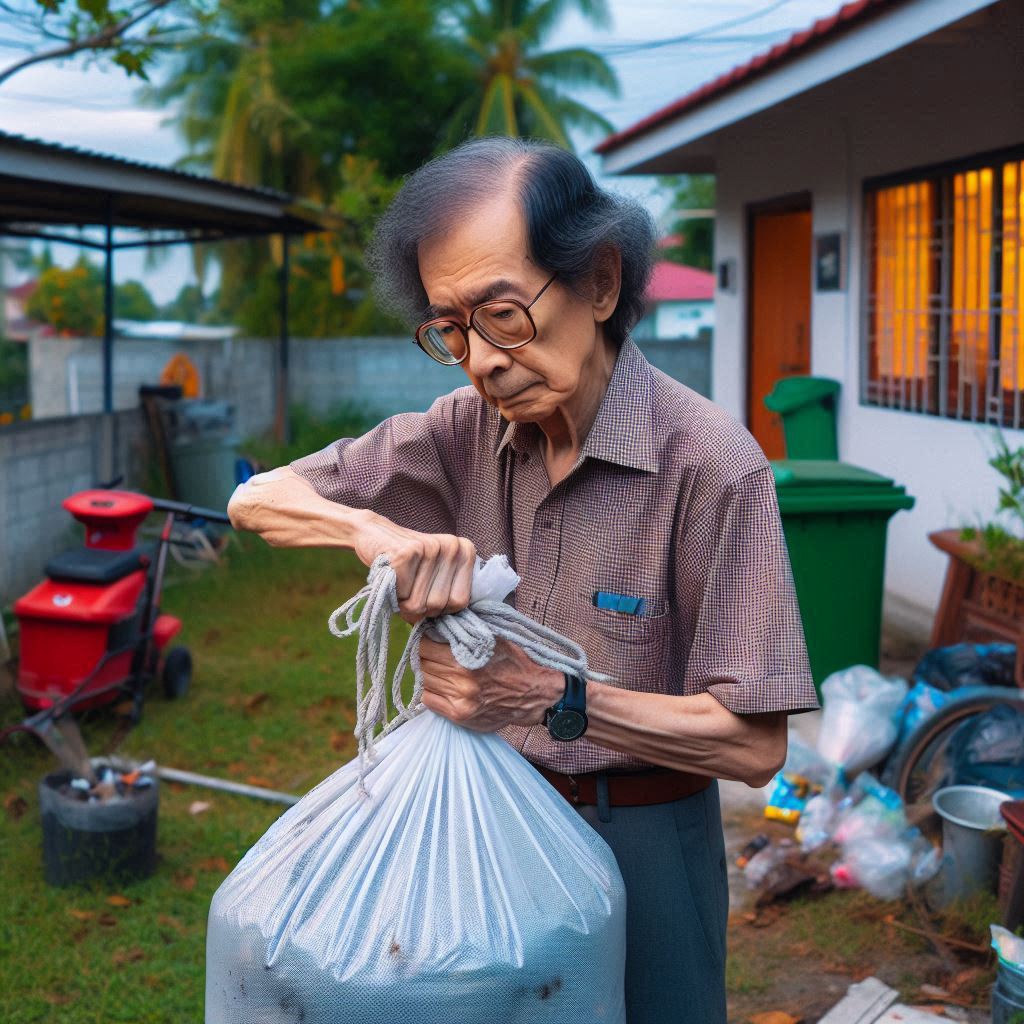
In a quiet little neighborhood in Hershey, Pennsylvania, Bang—a 71-year-old retired software engineer—had a ritual he cherished more than most would expect: the Wednesday night trash cleanup. It wasn’t just about tidying up; it was a personal ceremony, a refreshment for his soul.
Every Wednesday evening, Bang would gather his supplies—a bundle of crisp, empty trash bags, a pair of gloves, and a faint smile on his face. Starting in the kitchen, he tossed away remnants of forgotten recipes, wilted vegetables, and old receipts. There was something oddly satisfying about the way he tied up the full bag, heaving it into the bin outside, like discarding the burdens of the week.
Moving from room to room, Bang emptied bins, replaced bags, and breathed deeply. Each new bag was like a fresh beginning—an empty canvas waiting for the stories and scraps of the days ahead.
As he worked, Bang felt an unspoken relief wash over him. The act of cleaning wasn’t just physical; it was emotional, a way to clear his own mind. By the time he finished, the house felt lighter, quieter, and newer. He poured himself a warm cup of tea, sat by the window, and watched the moonlight bounce off the streets.
Thursday morning arrived, and the trash trucks rolled through the neighborhood, taking away all the discarded clutter. Bang stood by the door, watching the bins being emptied, feeling grateful not just for the clean slate they gave him, but for the time he’d carved out to make it happen. There was joy in that small act—a sense of purpose tucked into the folds of an ordinary day.